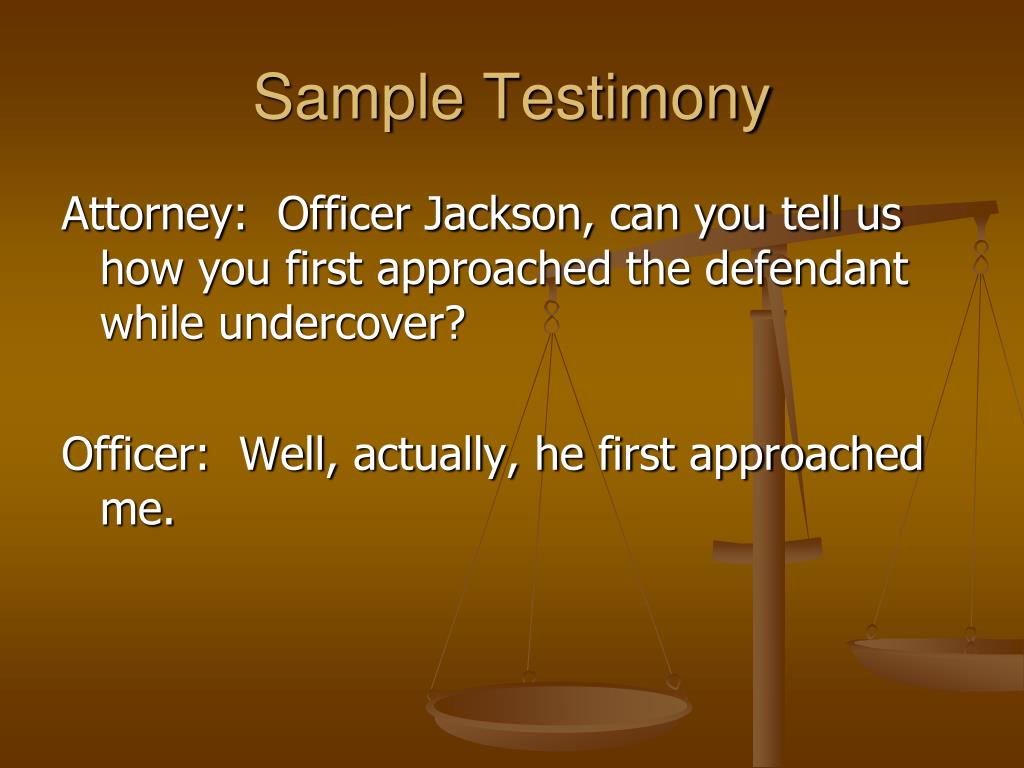Courtroom testimony can often feel like a labyrinth, filled with complexities that even the most seasoned individuals may find perplexing. One pivotal question that frequently arises in legal contexts is: Can a therapist testify in court? The dynamic between mental health professionals and the judicial system is intricate and layered, underscoring a unique intersection of psychology and law.
To dissect this inquiry, it’s essential to first comprehend the role therapists play in the realm of mental health. These professionals, encompassing psychologists, licensed counselors, and social workers, are trained to diagnose, treat, and provide therapeutic support to individuals grappling with a myriad of psychological challenges. While their primary allegiance is to the well-being of their clients, this commitment sometimes leads them deep into the courtroom arena.
So, when it comes to court testimony, what are the determinants that govern a therapist’s ability to provide insights? The crux lies in a synthesis of legal norms and ethical guidelines. Depending on the nature of the case—be it civil or criminal—the parameters surrounding a therapist’s testimony may vary significantly. Moreover, the context in which the testimony is sought also plays a critical role.
In many instances, therapists may be called to testify regarding the mental state of a client. When a defendant’s mental health is questioned, a therapist’s professional assessment can provide invaluable context. Here, the therapist acts as an expert witness, conveying their clinical evaluations and interpretations of the client’s psychological condition. However, this introduction into the courtroom comes with caveats, primarily revolving around the concept of privilege and confidentiality.
Client-therapist confidentiality is a cornerstone of therapeutic practice. This legal protection ensures that anything disclosed within the confines of a therapy session remains private, fostering a safe space for clients to express their innermost thoughts. Nevertheless, there are exceptions to this protective barrier. If the client poses a danger to themselves or others, or if mandatory reporting laws apply (as in cases of child abuse or neglect), therapists are required to breach confidentiality. In such scenarios, the therapist might find themselves compelled to testify, revealing aspects of their sessions that could otherwise remain undisclosed.
While the possibility of a therapist testifying exists, it’s equally crucial to explore the implications of their involvement. Testimonies can influence the trajectory of a case; thus, they must be approached with caution. The therapeutic relationship is inherently nuanced, and introducing therapeutic insights into a courtroom setting can risk oversimplifying complex emotional realities. Moreover, the adversarial nature of legal proceedings can create obstacles to clear communication, where a therapist’s intentions might be misconstrued.
Another consideration is the nature of the therapist’s qualifications. Not all mental health professionals are equipped to serve as expert witnesses. The court typically scrutinizes a therapist’s credentials, especially in cases requiring specialized knowledge. Academic background, clinical experience, and ongoing professional development all factor into a therapist’s credibility as a witness. This underscores the need for legal counsel to thoroughly vet any potential witnesses, ensuring that only those with the requisite expertise provide testimony.
Additionally, the formulation of a therapist’s testimony can influence its admissibility. Courts require that testimonies be grounded in scientifically accepted methods. Therefore, a therapist’s approach must align with recognized clinical practices, which can be assessed through the lens of standards such as the DSM (Diagnostic and Statistical Manual of Mental Disorders) criteria. This requirement emphasizes the bridge between objective science and subjective human experience.
However, this is only part of the equation. The interplay between therapist and attorney also merits examination. Lawyers may seek insights from therapists to comprehend their clients’ mental landscapes better. The depth of this understanding can inform various strategies within legal frameworks, including negotiations, plea deals, or preparation for court appearances. A therapist’s perspective can elucidate the emotional burden carried by a client, potentially swaying juries and creating a narrative that resonates on a deeply human level.
As we navigate the complexities of courtroom testimony, it’s pertinent to reflect on the ethical dilemmas that may surface. Therapists must balance their roles as healers and witnesses while considering the potential ramifications of their testimony on a client’s therapeutic journey. The act of stepping into a courtroom can alter the dynamics of therapeutic trust, which is essential for effective treatment. Consequently, therapists must tread carefully, ensuring that the best interests of their clients remain paramount.
The legal system often seems rigid, yet the infusion of therapeutic perspectives can catalyze a shift in traditional paradigms. A therapist’s voice can illuminate the narrative of an individual’s psyche, offering the court a broader understanding of the circumstances surrounding a case. Ultimately, the question of whether a therapist can testify in court transcends simple legal definitions. It’s a multifaceted exploration of ethics, expertise, and, most importantly, humanity.
In conclusion, whether a therapist should testify in court depends on a confluence of factors, including legality, ethics, and the profound intricacies of mental health. This dialogue invites readers to examine the interplay between therapy and law, fostering introspection on the delicate balance between truth, healing, and justice. As these discussions continue to evolve, they promise to reshape our understanding of not just courtroom testimonies, but also the broader human experience entangled within the legal realm.
